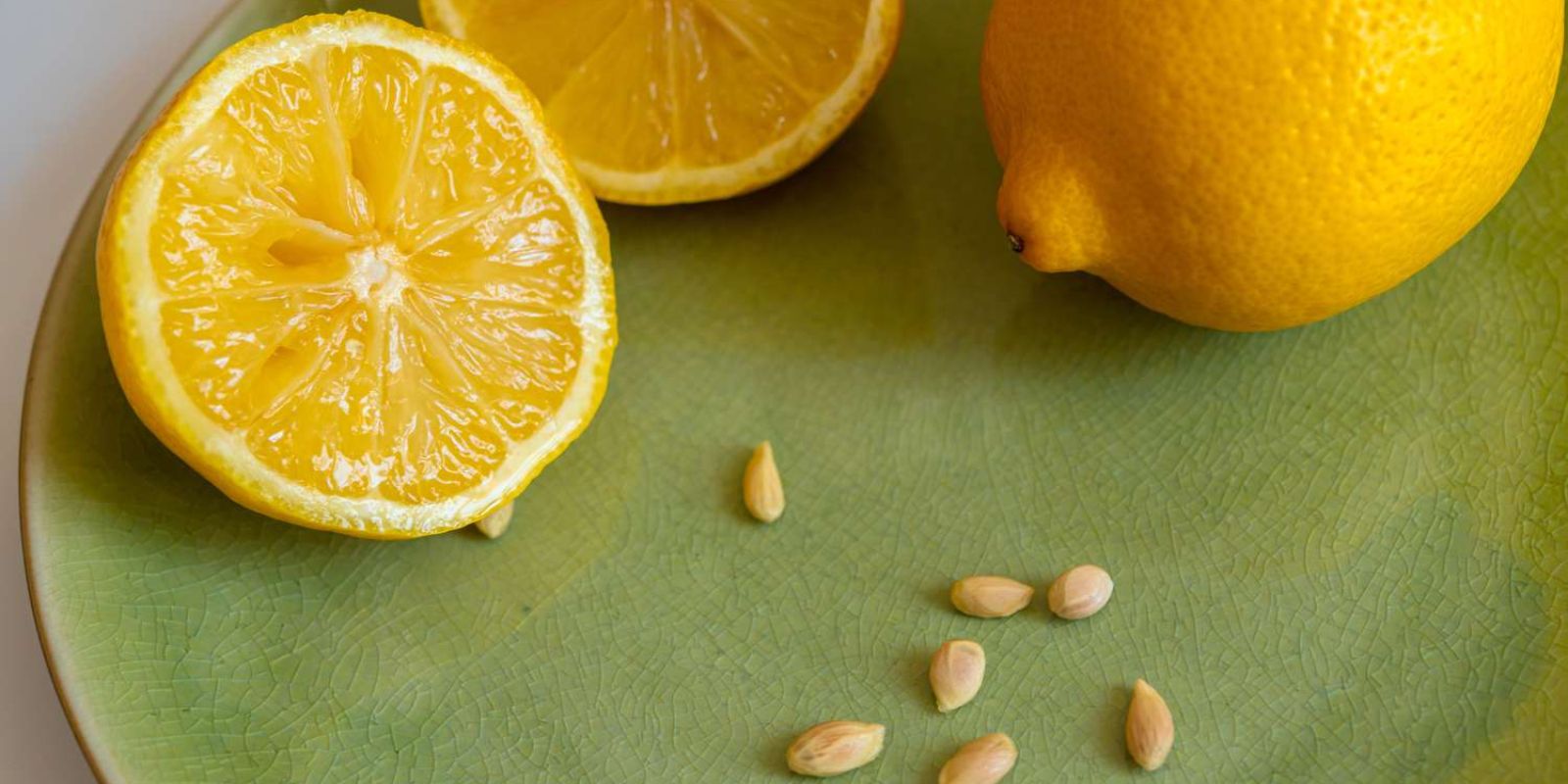Introduction
Lemons are a staple in many kitchens, prized for their tangy flavor and versatile uses. Most people, however, make a common mistake when squeezing lemons: they discard the seeds. What if I told you that lemon seeds, often overlooked, are actually a treasure trove of benefits? From gardening to cooking, these tiny seeds can offer surprising advantages if used correctly. In this article, we’ll explore why you should never throw away lemon seeds and how to put them to good use.
The Underrated Value of Lemon Seeds
Lemon seeds are packed with valuable nutrients and can be used in various ways. Here’s why they are worth your attention:
- Nutritional Powerhouse: Lemon seeds contain essential vitamins, antioxidants, and fiber that can contribute to a healthier diet. They are rich in vitamin C and flavonoids, which are known for their antioxidant properties.
- Gardening Benefits: Lemon seeds can be planted to grow new lemon trees, providing you with a fresh supply of lemons right from your garden. Additionally, they can act as a natural pest repellent when used in the garden.
- Culinary Uses: When properly prepared, lemon seeds can be incorporated into recipes to add a unique flavor and extra nutritional benefits. Ground lemon seeds can be used as a spice or added to smoothies.
How to Make the Most of Lemon Seeds
To fully appreciate the benefits of lemon seeds, follow these simple steps to prepare and utilize them effectively.
1. Collect the Seeds
After squeezing lemons, don’t toss the seeds into the trash. Collect them and rinse thoroughly to remove any residual juice or pulp. This initial step is crucial to ensure that the seeds are clean and ready for further use.
2. Dry the Seeds
Spread the rinsed seeds out on a paper towel or a clean cloth. Allow them to air-dry completely. This may take a few days, so be patient. Dry seeds are easier to store and use in various applications.
3. Store the Seeds
Once the seeds are completely dry, store them in an airtight container or envelope. Label the container with the date so you can keep track of how long they have been stored. Proper storage helps maintain the seeds’ quality for future use.
4. Plant the Seeds
If you’re interested in growing your own lemon tree, planting the seeds is a great way to start. Here’s how to do it:
- Prepare the Soil: Use a well-draining potting mix suitable for citrus plants. Ensure the pot has drainage holes to prevent waterlogging.
- Plant the Seeds: Plant the seeds about half an inch deep in the soil. Space them out to give each seed room to grow.
- Water and Care: Water the seeds lightly and keep the soil moist but not soggy. Place the pot in a warm, sunny spot. Lemon seeds typically germinate within a few weeks. Note: Growing a lemon tree from seed takes time, and it may take a few years before it starts producing fruit. However, it’s a rewarding process and a great way to enjoy fresh lemons from your own garden.
5. Use Seeds as a Pest Repellent
Lemon seeds can also be used as a natural pest repellent in your garden. Here’s how:
- Crush the Seeds: Crush dried lemon seeds into a coarse powder using a mortar and pestle or a grinder.
- Apply to Soil: Sprinkle the crushed seeds around plants in your garden. The strong citrus scent can deter pests like ants and insects. This natural pest control method is eco-friendly and helps protect your plants without the use of harmful chemicals.
6. Incorporate Seeds into Recipes
Lemon seeds can be incorporated into your diet in various ways:
- Grind for Spice: Grind dried lemon seeds into a fine powder and use it as a spice in cooking. It adds a subtle lemon flavor to dishes.
- Add to Smoothies: Blend ground lemon seeds into smoothies for a nutritional boost. The seeds add fiber and vitamins, enhancing the health benefits of your drink. Note: If using lemon seeds in cooking, ensure they are finely ground to avoid any unpleasant texture.
Additional Tips for Using Lemon Seeds
- Test for Allergies: Before consuming lemon seeds, test a small amount to ensure you don’t have any adverse reactions.
- Use Fresh Lemons: For the best results, use seeds from fresh lemons rather than those that have been sitting in your fridge for a while.
- Monitor Growth: If growing lemon trees, keep an eye on their growth and provide appropriate care, including regular watering and fertilizing.
Conclusion
Lemon seeds are more than just discarded bits from your juicing routine—they are valuable resources that can enhance your gardening efforts, provide nutritional benefits, and add unique flavors to your cooking. By following the steps outlined in this article, you can make the most of lemon seeds and discover their hidden potential.
Call to Action:
Have you used lemon seeds in your garden or kitchen? Share your experiences and any creative ways you’ve found to utilize them in the comments below! Let’s help each other make the most of this often-overlooked treasure. 🍋🌱

